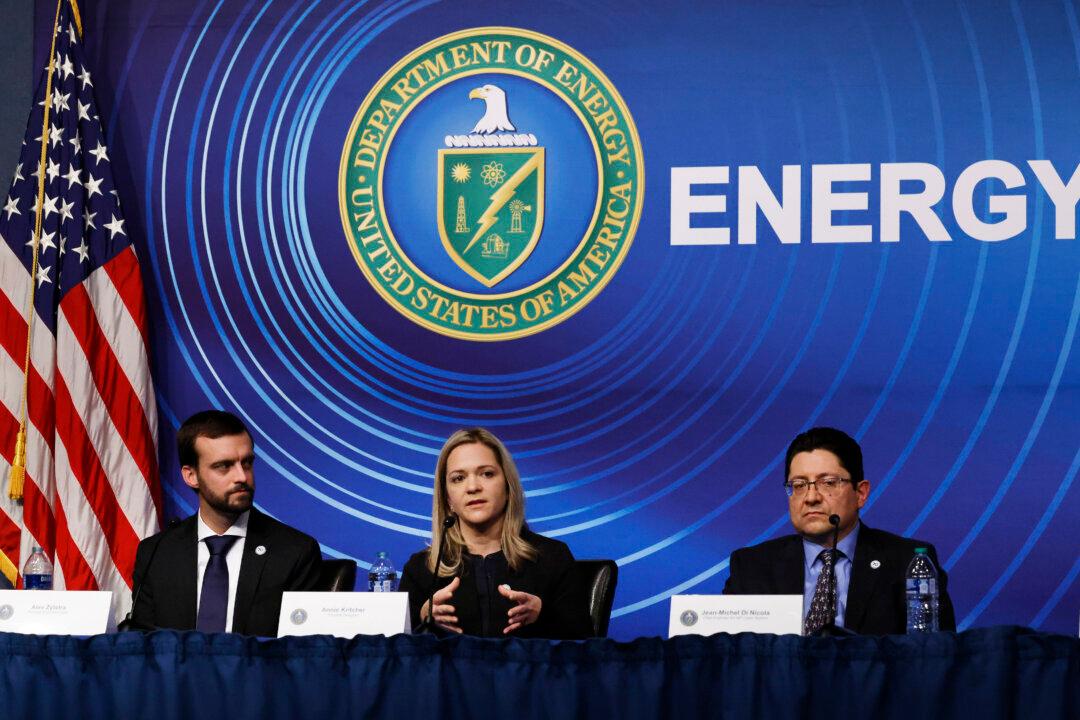Commentary
Your attention, please. This century’s scheduled performance of the apocalypse has been postponed indefinitely, ladies and gentlemen. Your tickets will be refunded at the box office.

Your attention, please. This century’s scheduled performance of the apocalypse has been postponed indefinitely, ladies and gentlemen. Your tickets will be refunded at the box office.